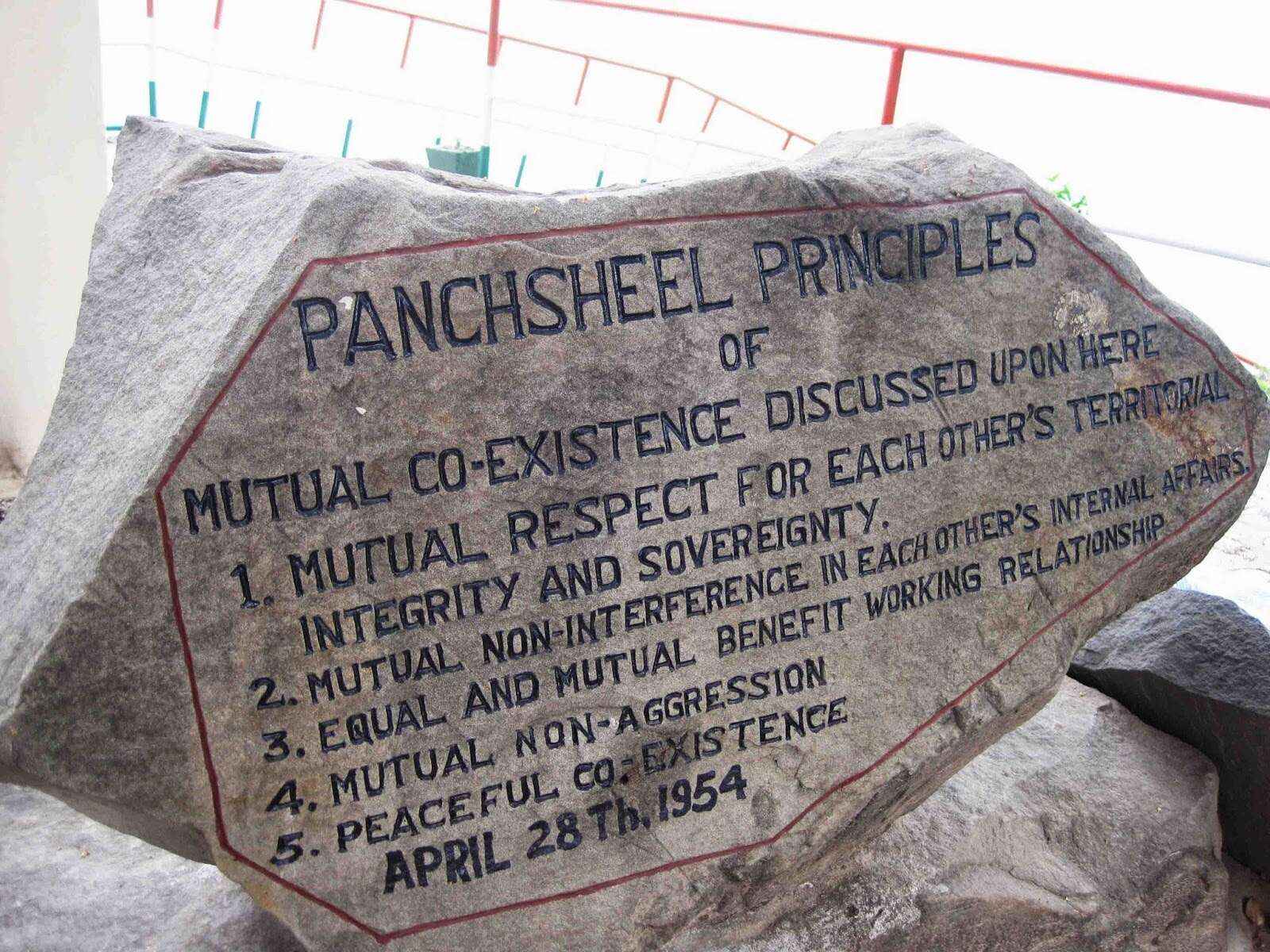Legacy of Jawahar Lal Nehru | 29 May 2020
This article is based on “Being Nehruvian in these difficult times” which was published in The Hindu Business line on 27/05/2020. It talks about the contribution of the first Prime Minister of India Pandit Jawahar Lal Nehru in building Modern India.
India, since independence, has undergone profound transformations in its politics-from the dominant Congress system to Coalition era, its economics- from a controlled “democratic socialism” to a thriving free-enterprise system, its trade-from protectionism to liberalization, and its social relations- from a rigidly hierarchical caste system to a more egalitarian policy affirming opportunities and outcomes for the “lowest” castes.
However, in recent years, a prominent change can be observed in the interpretation of History- wherein the present times the narrative around the contribution of past leaders is presented differently. One such example is of India’s first Prime Minister- Jawahar Lal Nehru.
The five principal pillars of Nehru’s legacy to India — Nation-building, Democratic institution-building, Secularism, Democratic Socialist economics, and a Novel foreign policy (Non-alignment, Panchsheel) still form the cardinal values of India.
However, some sections criticise Nehru’s policies for being responsible for India’s strategic failures as well as domestic problems like the Kashmir dispute. In this context, it is essential to understand the contribution of Nehru in the right context and its relevance for India today.
Contribution of Nehru
Institutionalisation of Democracy
- Nehru was committed to the establishment of a strong Indian nation where the concept of equal rights of citizens would override all societal divisions.
- Nehru’s ideals envisioned in ‘Objective Resolution’, steered the Constituent Assembly to draw up a working constitution.
- It gave a tremendous leg up to the country’s historically discriminated sections like Dalits and religious minorities.
- It was he who established the robust tradition of parliamentary supremacy over the military that prevented India from becoming another junta-ruled Third World autocracy.
- The nature of the Nehruvian way of politics (debate and deliberation) led to development of respect for parliamentary procedures, abiding faith in the constitutional system.
Ideal of Secularism
- Nehru believed that India belonged to all who had contributed to its history and civilisation, and that the majority community had a special obligation to protect the rights, and promote the well-being, of the minorities.
- This helped in building the narrative of ‘Unity in Diversity’.
Welfare State
- Through the planned economy approach, Nehru envisaged that in a land of extreme poverty and inequality, the objective of government policy must be the welfare of the poorest, most deprived and most marginalised of the people.
- This notion drives the policy of successive governments that poverty and inequality in India cannot be tackled only by the market.
- It can be reflected in creation of a framework of rights, including the right to work, the right to food, the right to education and the right to fair compensation for land, all of which have empowered the poorest of people in India.
Establishing Institutions of Excellence
- It was Nehru who built the scientific base for India’s space and engineering triumphs today.
- With the establishment of what is now the Indian Space Research Organisation (ISRO), India has achieved the status of Space power today.
- With the Indian Institutes of Technology (IITs) established in his tenure, Indians have a worldwide reputation for engineering excellence.
- Also, he laid the foundations of a dual-track nuclear programme due to which India achieved nuclear-capable status.
- Also, the economic policies of investing in heavy industries and protecting the nascent manufacturing sector, helped India to substitute imports to a certain extent.
Foreign Policy
- For Nehru, Non-alignment (NAM) was the response to the bipolar divisions of the Cold War era.
- After two centuries of British rule, Nehru was determined to protect the country’s strategic autonomy without compromising independence by aligning itself to either superpower in the Cold War.
- This policy of NAM, made India one of the most distinguished leaders of Third World solidarity, reached out to the rest of the colonised world, and forged a joint front against colonialism and a reinvented imperialism.
- Nehru was also a skilled exponent of soft power, much before the term was even coined.
- He developed a role for India in the world based entirely on its civilisational history and its moral standing, as the voice of the oppressed and the marginalised against the hegemony of the day.
- This gave India global reputation and prestige across the world for years, and strengthened our self-respect as we stood, proud and independent, on the global stage.
Conclusion
The fears of growing intolerance, communalism and inequality which may disrupt social harmony; debates in Indian intelligentsia about the erosion of democratic values, freedom of speech and autonomy of public institutions; the emergence of a new era of the Cold War between the US and China, marks the relevance of Nehruvian ideology even today.
|
Drishti Mains Question Discuss the contribution of Pandit Jawahar Lal Nehru and its relevance for India, in present times. |
This editorial is based on “The Swarm” which was published in The Hindu on May 28th, 2020. Now watch this on our Youtube channel.

